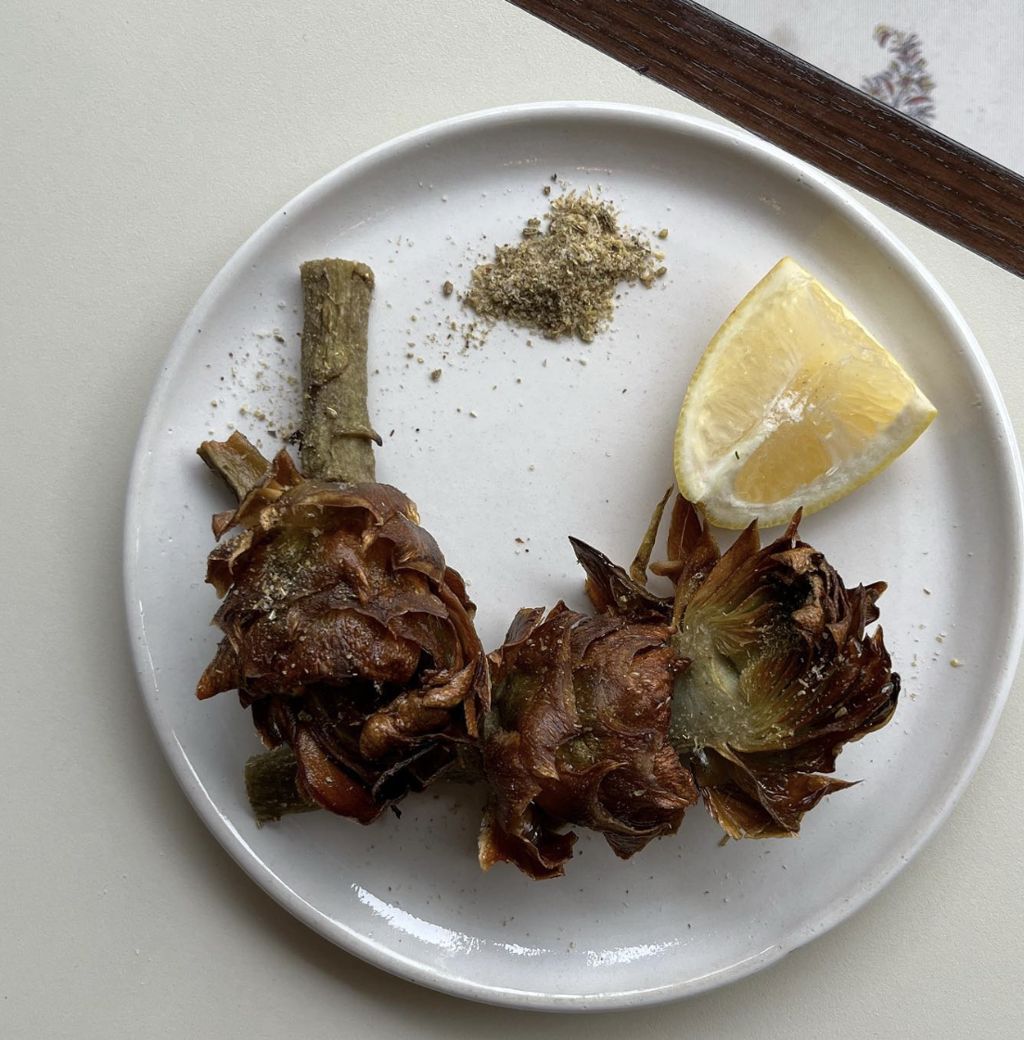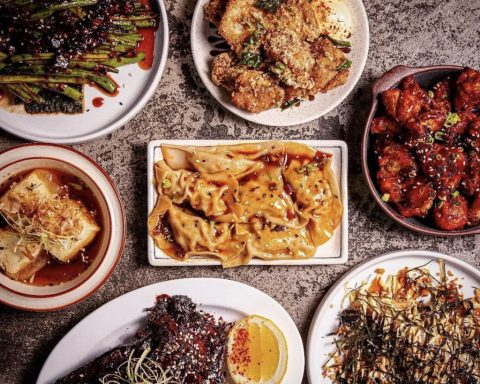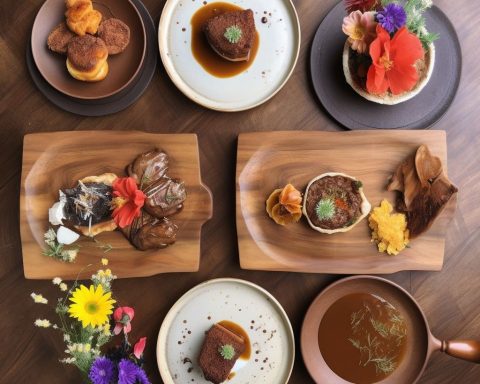Located in the heart of Cape Town’s culinary center, Ouzeri Restaurant celebrates the flavors and traditions of Cypriot and Greek cuisine with a contemporary edge. The restaurant, founded by Nic Charalambous, who grew up with the regional dishes of Cyprus and Greece, offers a relaxed and casual after-work spot where locals can enjoy authentic Mediterranean comfort food and a glass of ouzo or local wine.
Interiors and Atmosphere
The interiors of Ouzeri are:
– A feast for the eyes.
– Reflecting the Aegean aesthetic with curved white walls.
– Arched niches.
– Mosaic-tiled floors.
– Tapestries.
The soft-cornered rectangular hole in the wall looks into the open kitchen, where Silwood-trained Nic and his team conjure up the most delicious array of modern Mediterranean comfort food. The restaurant provides a casual and inviting atmosphere for dining.
Menu of Ouzeri Restaurant
Nic is deeply committed to promoting the “right kind of farming” and can explain every item in each meal. On the menu are selections representing the cuisines of the Greek islands of Corfu, Sifnos, Florina, Thessaloniki, and Macedonia. Chickpea fries, warm green olives with spicy paprika oil, and eliopita (traditional Cypriot olive bread) may be found on mezze platters. Delicious dips like Tashi (tahini-garlic-lemon) and tirokafteri can also be found on these plates. (spicy peppers and feta). Fish, lamb chops with a thin cut, and handmade sausages are prepared the same way they would be on the islands by Nic, who cooks them on a charcoal barbecue.
Wine List
Nic’s meals are meant to be enjoyed with authentic, small-batch natural wines, which are included on the restaurant’s wine list, which has been meticulously chosen. The barrel wine, a mainstay at every ouzeri, results from a partnership with winemaker Jasper Wickens. It is a great complement to the robust tastes of Nic’s food, and it is presented in the traditional carafe so that customers may drink it out of tumblers.
Desserts at Ouzeri Restaurant
The desserts are superb, with a simple choice of yogurt cake with sour cherry syrup or traditional mahalepi (a rosewater-cream pudding) with pomegranate, Campari, and clementine sorbet. Both options are served with clementine, pomegranate, and clementine sorbet.
Service
The staff at Ouzeri is well-trained, with a sincere and kind attitude, and the service is excellent. The restaurant offers a joyful, big-on-flavor occasion that needs to be repeated often.
Working hours for Ouzeri Restaurant
Ouzeri is open Wednesday to Saturday from 12 pm to 3 pm and Tuesday to Saturday from 6 pm to 10 pm. Reservations are required and can be made through DinePlan. The restaurant is closed on Mondays and Sundays.
Contacts
- Address: 58 Wale Street, Cape Town
- Phone: +27 61 533 9071
- Website: Ouzeri Restaurant












